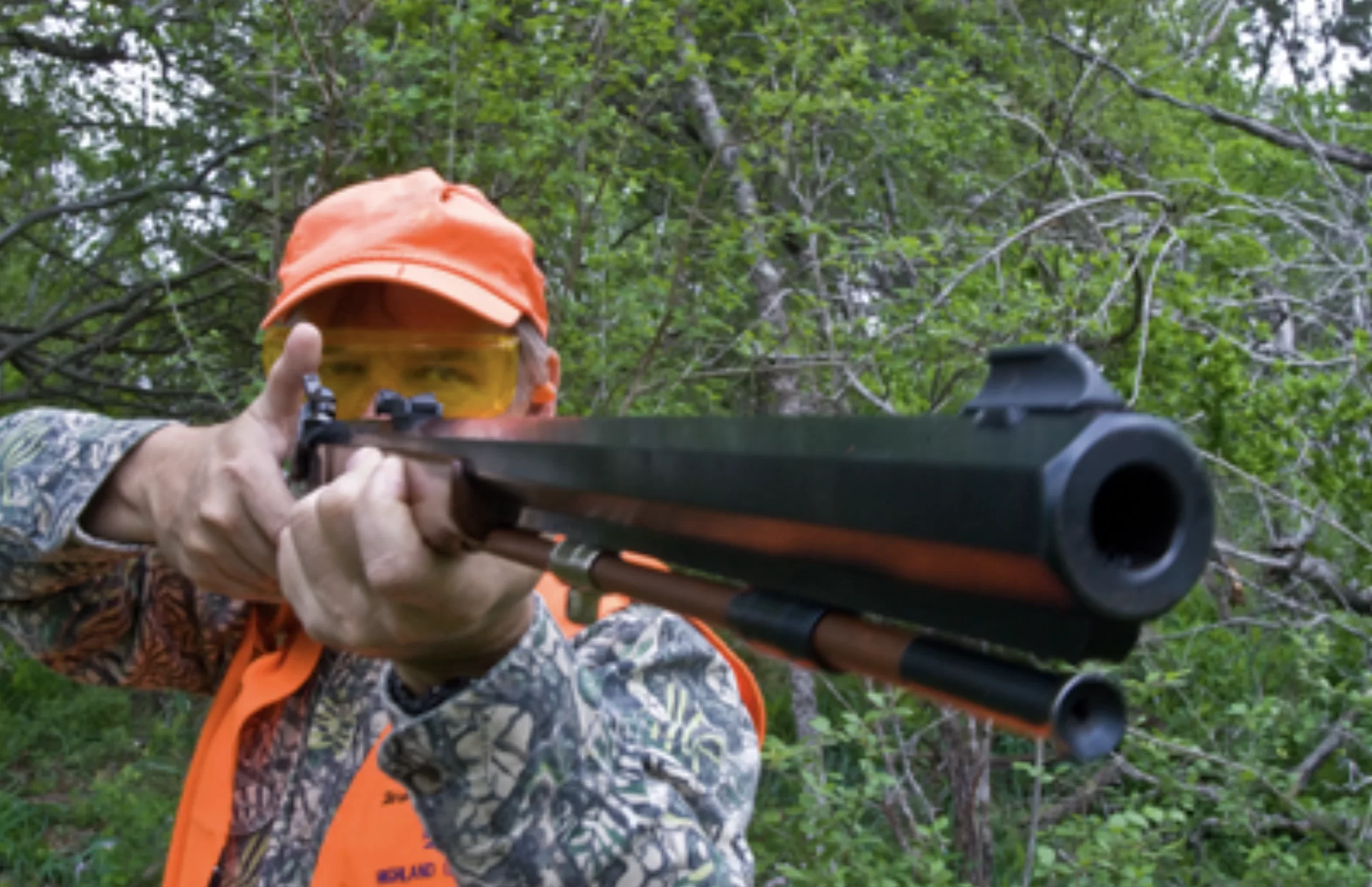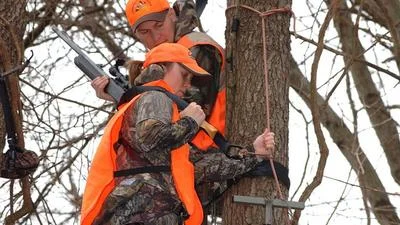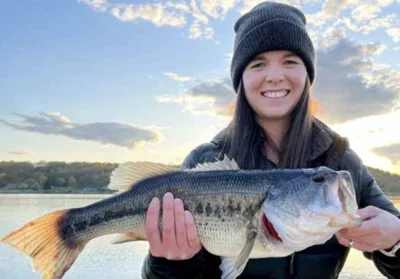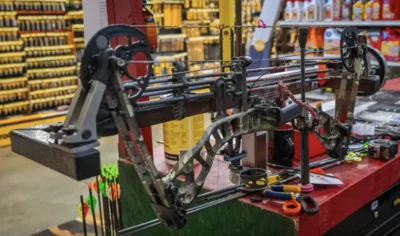Muzzleloading season for deer, spanning four days from Jan. 6-9, offers a unique hunting experience, emphasizing the importance of understanding your weapon and traditional practices.
As muzzleloading season approaches, Mark Jacobs of Reaper Valley Tactical, located at 14 S Main Street in Utica, provided the Mount Vernon News with insights into the unique world of muzzleloading, highlighting the distinctive components and challenges associated with this traditional form of hunting.
Jacobs’ advice serves as a valuable guide for both novice and experienced muzzleloading enthusiasts. He encourages hunters to preserve the tradition of muzzleloading, reminiscent of the methods used by forefathers and pioneers.
Jacobs said he would encourage hunters to not let the older technology be a deterrent to hunting.
“Some things are for some people, but to take the tradition of muzzleloading hunting and that's what your forefathers done. I think that's a pretty cool aspect of it. The people that trekked out west, not every one of them had a Henry repeating rifle. 90% of them had just your standard shot ball muzzleloaders,” he said.
In muzzleloading, each shot is a meticulous process.
“With muzzleloading it's obviously a different ballgame because everything is a different component – you pour your powder, you push your bullet, you put your primer, everything's separate, which is more of your traditional hunting,” Jacobs said.
Jacobs stresses getting a second shot off is unlikely due to the time-consuming reloading process.
“Getting a second shot off (is a challenge) because it takes so long to reload the gun. Because you got to pour the correct amount of powder. You got to show the ball down the barrel, make sure it's seated, prop the gun. Put a primer on and then fire it,” he said.
The weather also becomes a crucial factor. With only one shot and a lengthy reload time, hunters need to factor in elements like rain affecting primers.
“A lot plays in factor with weather. If it's raining wet outside your primers might set off,” Jacobs said.
Maintenance of muzzleloaders differs significantly, with the corrosive nature of black powder necessitating thorough cleaning after each use.
Jacobs underscores the importance of meticulous gun cleaning, emphasizing its role in preventing the quick deterioration of muzzleloaders.
‘You should always clean your muzzleloader,” Jacobs said. “My personal way of doing it is I take the barrel off and get hot, soapy Dawn dish soap water, and scrub it that way.”
“A lot of people, first time hunters don't know that. They end up ruining their guns pretty quick. They'll get heavy pitting and rust. As a gunsmith, I see a lot of muzzleloaders come in that need repair. Or they'll leave them loaded all year. That's really bad on them. So make sure you empty your firearm whether you shoot it off in a safe direction or use a ball puller to get your slug out and then clean it at the end of the season.”
Despite advancements in rifling technology, the basic components of muzzleloading remain consistent.
“If you're going for the traditional side of it, there's still a large array of traditional looking muzzle loaders out there,” he said. “It's just dying off because of the new generation. They think when they go buy a gun, it's got to look cool. It's got to be black plastic. I will say the stainless steel barrels are pretty nice but again, it's highly corrosive, black powder is.”
Jacobs also dispels misconceptions about the effective range of muzzleloaders.
“It's actually a lot further than most people think,” he said. “150-200 yards is not an unrecognizable shot distance for most muzzleloaders. I've seen guys shoot to 250-300 yards with them no problem. You've got to know what you're doing. You got to know your weapon for sure. Figure out the drop rate of your bullet. The amount of powder that use drains away to your bullet. it all takes into factor.”
For those entering the sport, Jacobs recommends exploring the broad range of traditional-looking muzzleloaders available, cautioning against splurging on expensive options initially.
“That is a big aspect of getting into the sport. You know, don't go buy the nicest, best things first off, until you figure out if you like it. And then once you do, then by all means go buy the fancy ones, buy the expensive ones,” he said.
Reaper Valley Tactical offers a selection of bullets and equipment, with personalized orders based on individual preferences.
“Come in and see what you like and then we can get it ordered for you,” he said.







